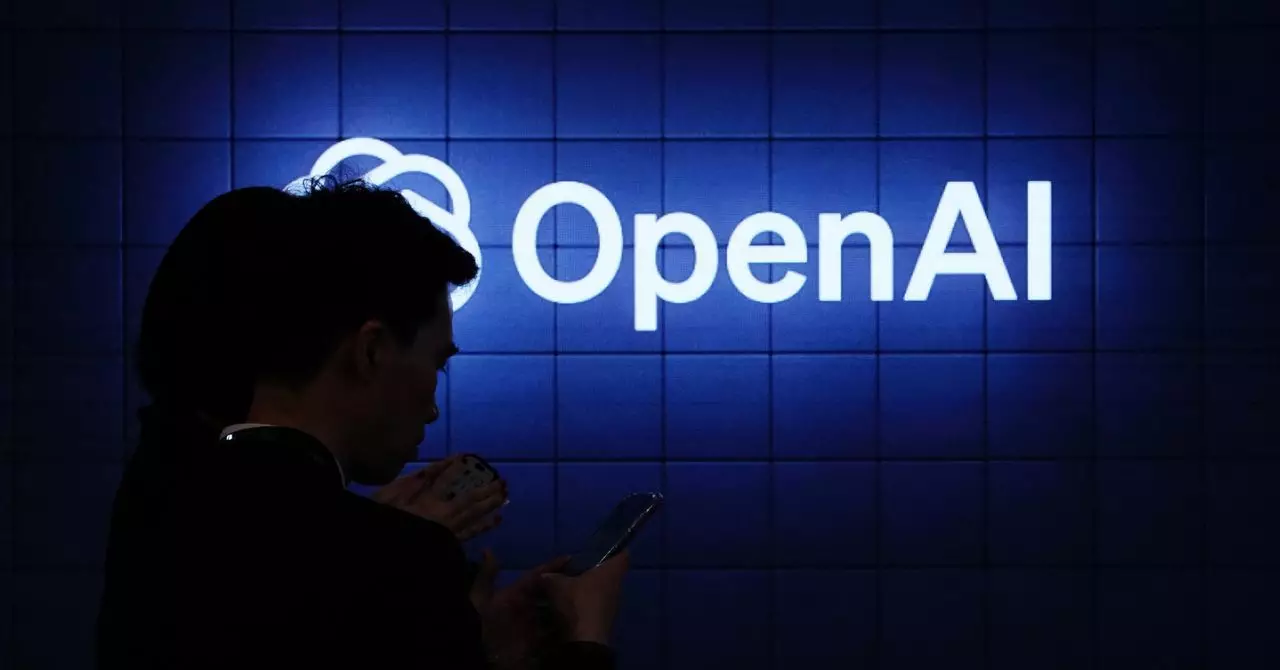In a surprising yet strategic maneuver, Meta has successfully recruited four key researchers from OpenAI, signaling a significant escalation in the battle for artificial intelligence supremacy. Shengjia Zhao, Shuchao Bi, Jiahui Yu, and Hongyu Ren—researchers deeply embedded in OpenAI’s cutting-edge projects—have transitioned to Meta’s superintelligence team. This move is far more than a routine hire; it highlights how aggressive talent acquisition is becoming a critical factor in AI development.
Meta’s approach, reportedly including multi-million-dollar signing bonuses, represents a clear attempt to disrupt OpenAI’s momentum. OpenAI, despite this overt poaching effort, claims its top talent has mostly stayed put. Still, the departure of these researchers—each integral to key projects like GPT-4 refinement and multimodal AI models—marks a potentially destabilizing shift, especially given OpenAI’s recent loss of talent from its Zurich office. Meta’s gambit underscores a larger story of fierce competition over intellectual capital, where the best minds in AI are not only hired but fiercely courted and sometimes decisively won over by rivals.
The Strategic Importance of Expertise in Post-Training and Multimodal Models
Understanding why these particular researchers were targeted requires a closer look at their specializations. Hongyu Ren led OpenAI’s post-training efforts, a sophisticated stage crucial for enhancing model performance after initial training. This kind of know-how is vital for refining models to meet real-world applications, meaning that Meta’s acquisition is not just symbolic but a serious technical asset.
Similarly, Shengjia Zhao’s contributions to GPT-4’s development position him as a key figure in one of the most advanced language models to date. Meanwhile, Shuchao Bi’s expertise in managing multimodal models—the technology that integrates different types of data, like text and images—reflects the complexity of next-generation AI tasks. Jiahui Yu’s background, including time at Google DeepMind, brings additional cross-company experience, enriching Meta’s pool of AI knowledge and strategy.
Meta’s capacity to offer lucrative packages is a double-edged sword. It fast-tracks their research capabilities but might also catalyze a destabilizing talent drain across the AI industry, potentially slowing collaborations and open sharing of innovations that have generally fueled AI progress.
Implications for the Future of AI Development
This talent migration is not just about individual researchers switching companies; it reflects a broader shift toward hyper-competitive, high-stakes AI innovation wars. Meta clearly intends to leapfrog competitors like OpenAI and Google by assembling what could become the world’s most formidable AI team. The question is whether this scorched-earth recruitment strategy will yield groundbreaking advances or foster inefficiencies born from constant internal churn and competition.
Moreover, such aggressive hiring raises ethical and strategic questions regarding the sustainability of the AI research ecosystem. If companies prioritize poaching over nurturing the next generation of talent or engaging in collaborative efforts, the pace of meaningful innovation could suffer. The industry might face a paradox where fierce competitiveness paradoxically hampers long-term progress.
In any case, the AI talent landscape is rapidly evolving, and these recent developments at Meta offer a glimpse into how future AI breakthroughs may increasingly depend not just on algorithmic innovation, but on who controls the brightest minds behind them. The fight for superintelligence is as much a human capital battle as it is a technological one—and Meta has just shown it is willing to invest aggressively to win.

